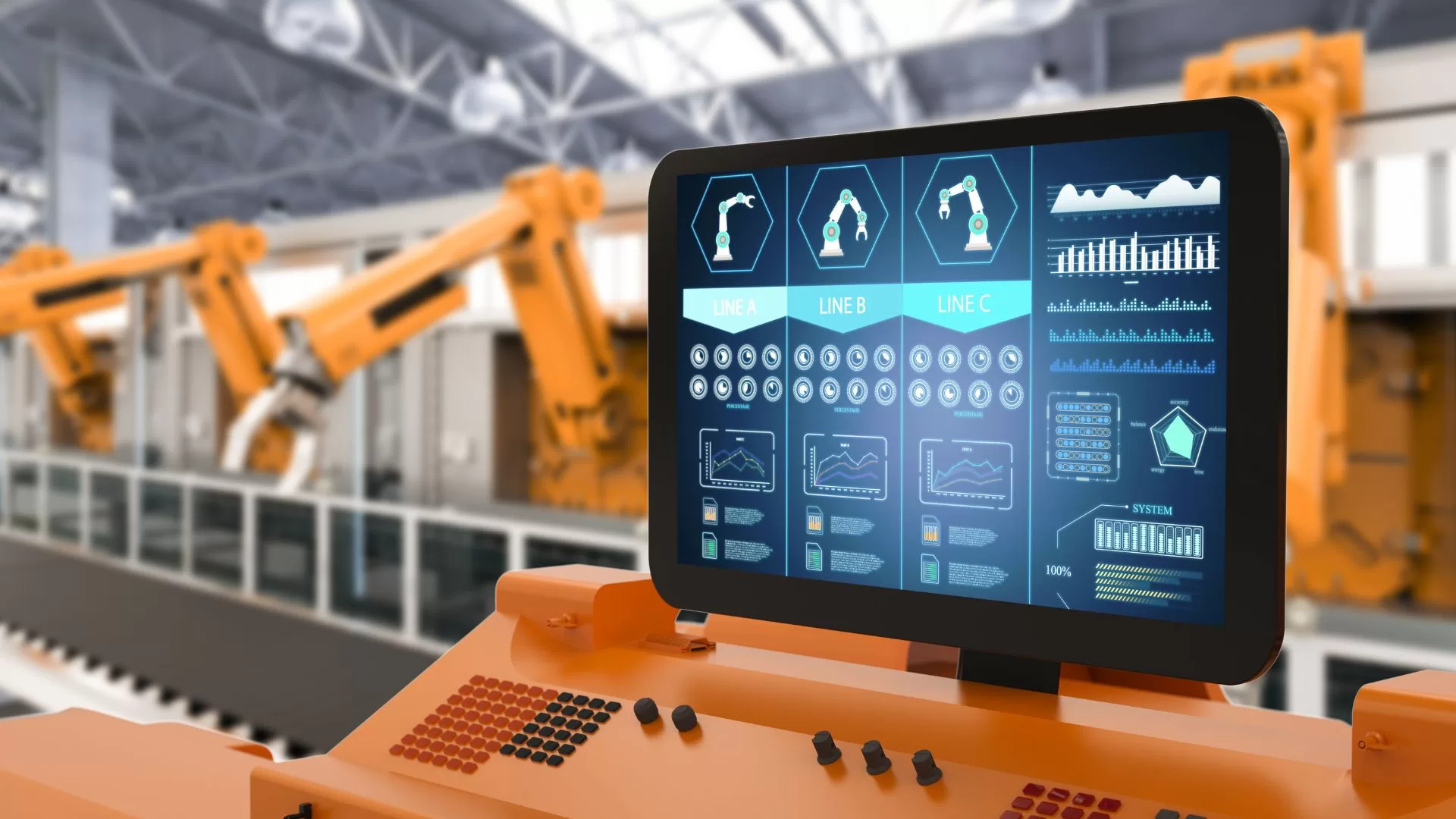Imagine waking up one morning to find that a robot has taken over half of your job responsibilities. Sounds like a scene from a sci-fi movie, right? But this is quickly becoming our reality. The future of work and automation isn’t just a topic for tech enthusiasts or economists; it’s something that affects us all, from baristas to bankers.
The idea of machines and software doing human jobs isn’t new. We’ve seen it happen throughout history. Remember when elevators needed operators to run them? Now, we don’t think twice about zipping up to the 10th floor of a building solo. Automation is just the next step in this evolutionary journey, but it’s a big one.
One of the most burning questions is: will automation take away jobs? Well, it’s a bit more complicated than a simple ‘yes’ or ‘no’. Sure, automation might replace some jobs, particularly those involving repetitive tasks. But here’s the kicker – it’s also creating new jobs. Think about app developers, drone pilots, and social media managers – these are jobs that barely existed a decade ago!
However, the transformation isn’t without its challenges. There’s a gap between the jobs being lost and the new ones being created, both in terms of numbers and skill sets. This means we need to focus on upskilling and reskilling. Learning to work alongside artificial intelligence and automation is becoming as essential as learning to read and write.
But it’s not all doom and gloom. Automation can lead to more fulfilling work lives. Imagine having a robot colleague handle the monotonous parts of your job, freeing you up to focus on the creative, strategic, or interpersonal aspects. It’s about machines complementing human skills, not replacing them.
And let’s talk about the potential benefits. Automation can lead to higher productivity, which in turn can create more wealth and potentially even reduce working hours. It’s a chance to reshape our work-life balance and focus more on what makes us human – creativity, empathy, and innovation.
But here’s the critical part: we need to be prepared. This means adapting our education systems to focus on skills that machines can’t easily replicate, like emotional intelligence, critical thinking, and complex problem-solving. It also means businesses need to invest in training their workforce to work effectively with new technology.
The future of work and automation is a topic that’s as exciting as it is daunting. It’s a conversation about not just where we’re heading, but how we’re going to get there. It’s about understanding that while robots and AI might be taking over some tasks, they’re also opening up a world of possibilities for human potential.
So, as we stand on the brink of this new era, let’s not just ask, “What jobs will be left?” Instead, let’s ask, “How can we use automation to create a future of work that’s more fulfilling, more creative, and more human?” It’s not just about surviving in a world of automation; it’s about thriving in it.












0 Comments